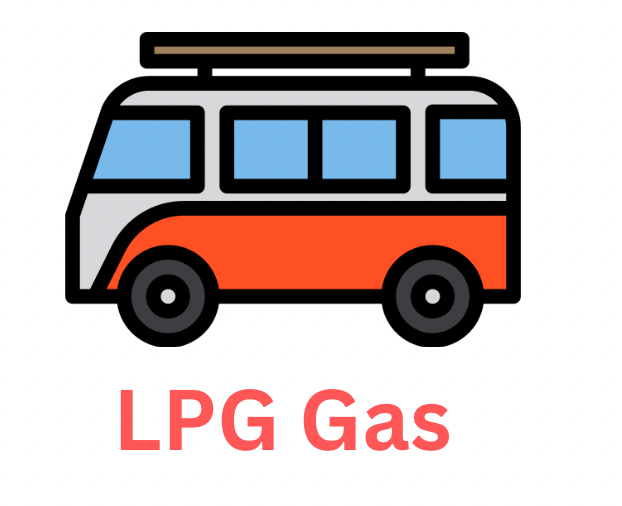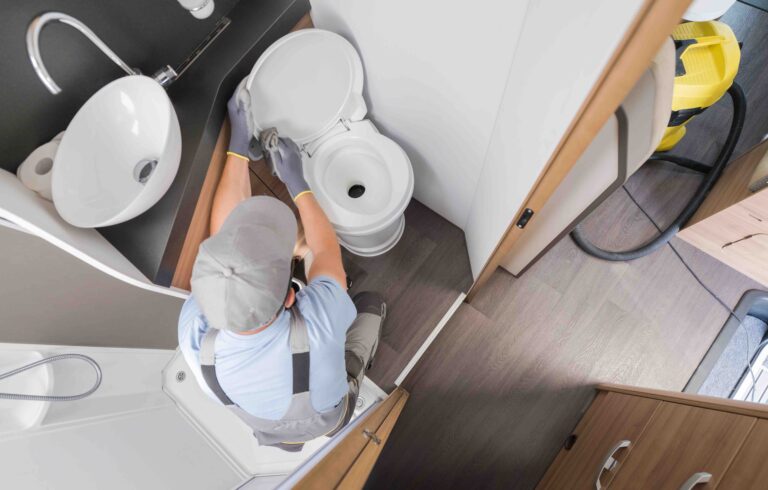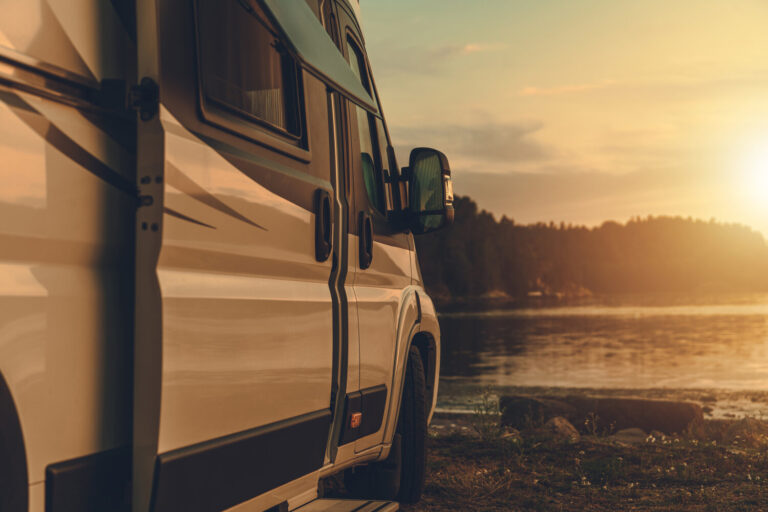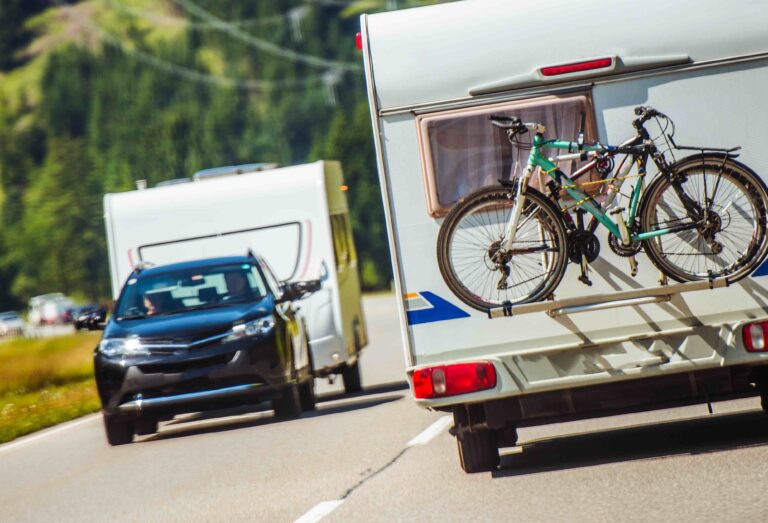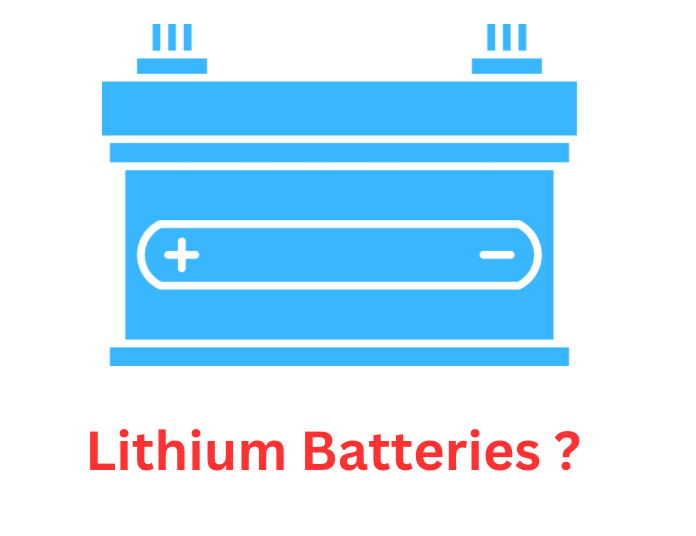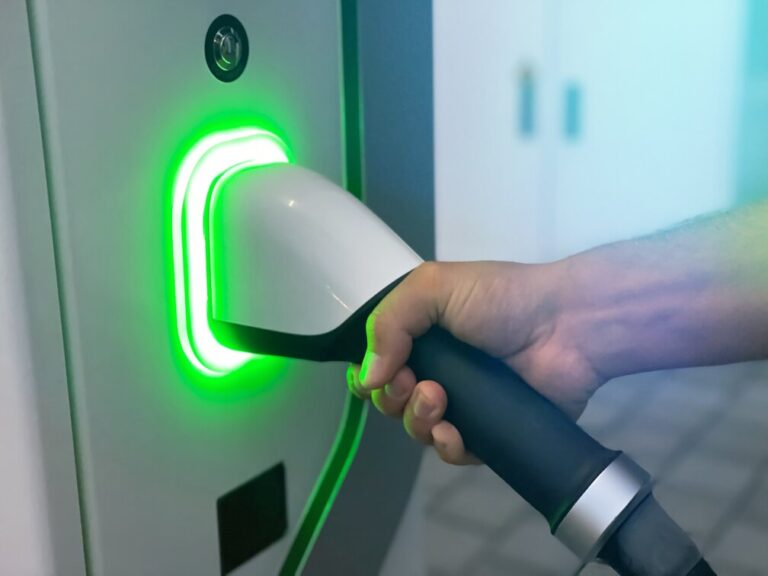Complete Beginners guide to Caravanning
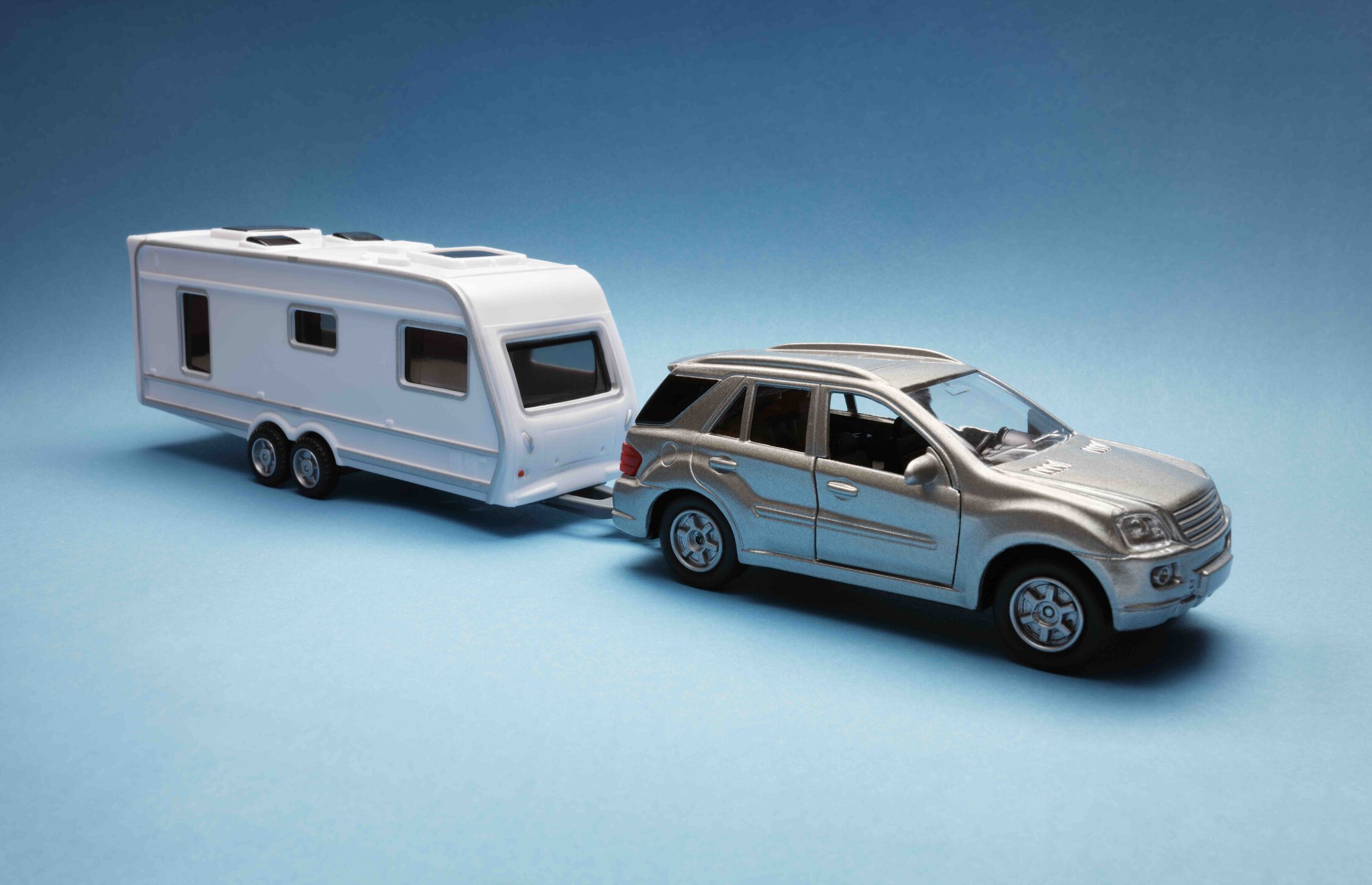
Factors to consider when Choosing the Right Caravan
When you’re new to caravanning, selecting the right caravan is crucial for a successful experience.
Top tips for selecting your first caravan include considering your needs, budget, and the size of the caravan. It’s essential to think about the features that matter most to you when buying a caravan. So research is a massive yes if your a beginner .
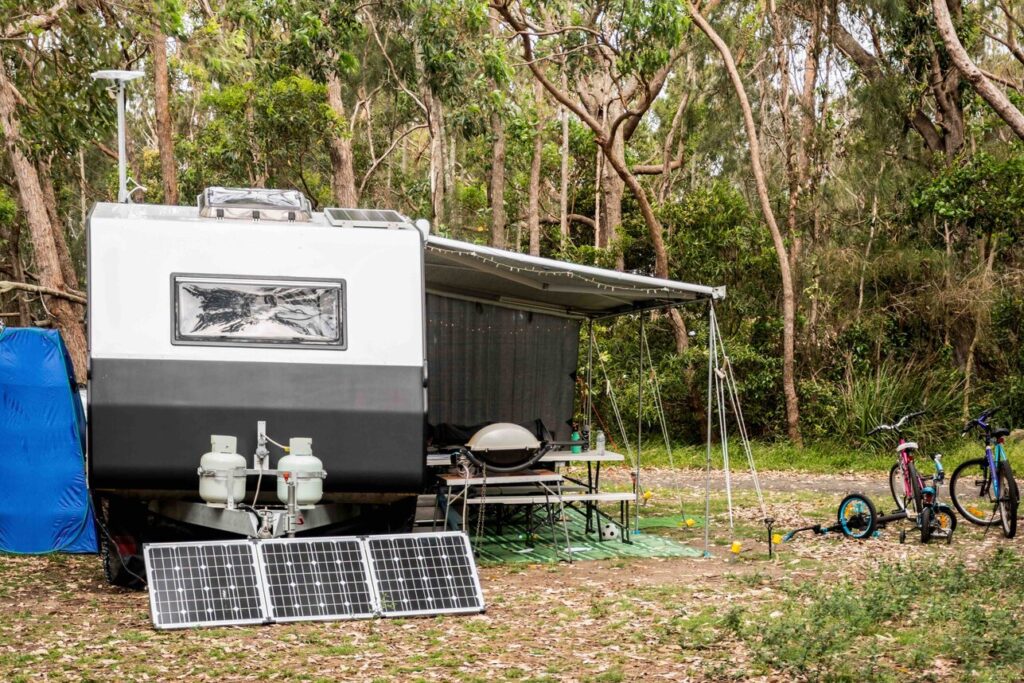
Needs
What are your needs for you , are you buying for yourself or for 2 or for a family .
Usage
How many times are you going to use this caravan ,is it
for the weekend
for holidays 2-3 times a year
is for full time use
is it for longer stay holidays 4 plus weeks or more
Budget
What is your budget for this , remember there are additional costs on top of buying this item. Caravans come in a wide range of prices, so it’s important to set a budget before you start your search.
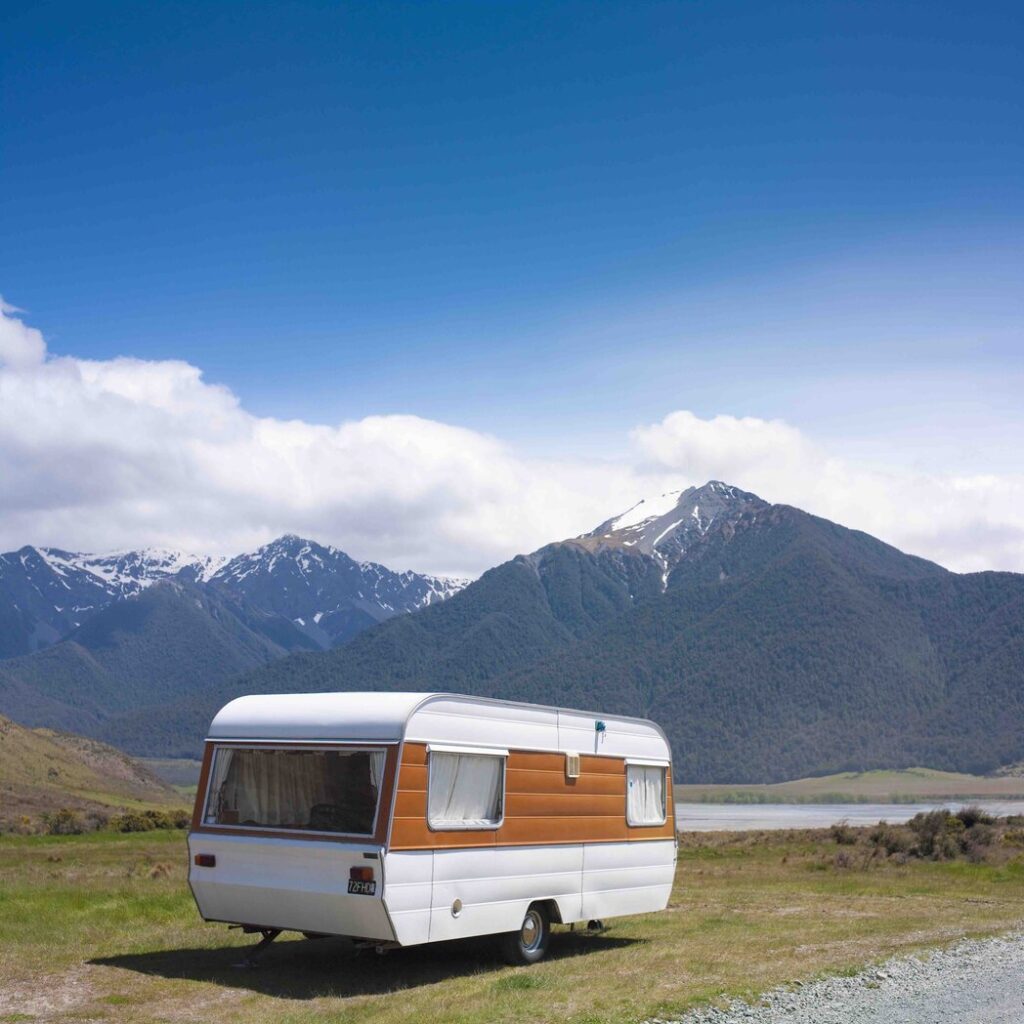
New V Old
It’s also worth considering whether you want to buy a new or used caravan, as used caravans can be more affordable but may require more maintenance.And Brands are important as some are much more sought after and hold their resale value .
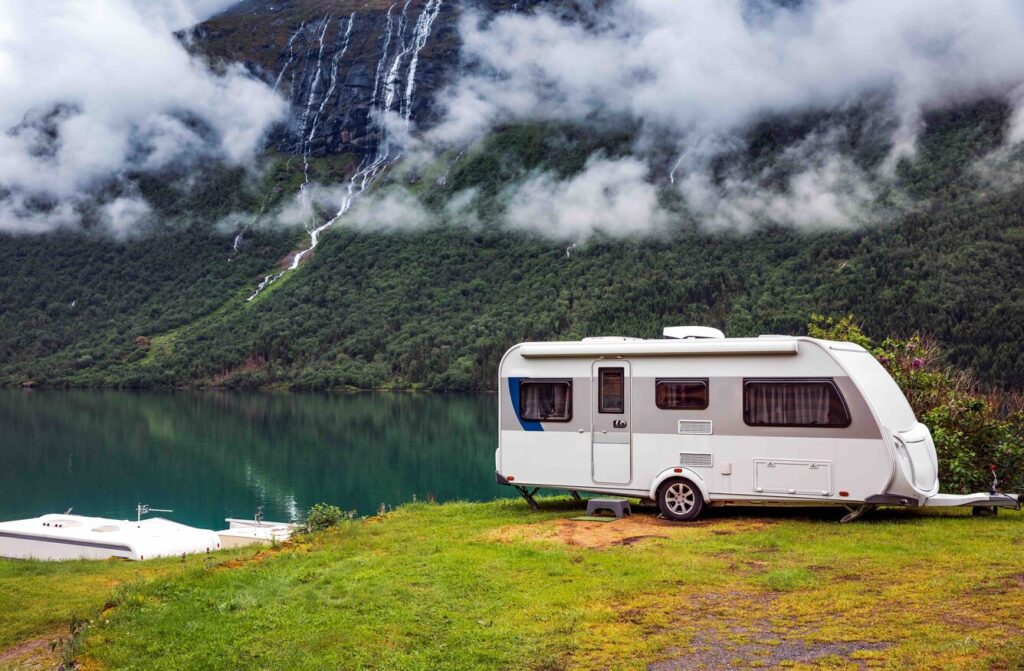
Type & Size
Knowing the type is going to be important as it fits in with people using the caravan and length of time away , not too small and not too big . Caravans come in various sizes, ranging from small, lightweight models to large, luxurious ones.
Think about where you’ll be storing the caravan and how easy it will be to tow. Larger caravans may offer more living space and amenities, but they can also be more challenging to maneuver and park.
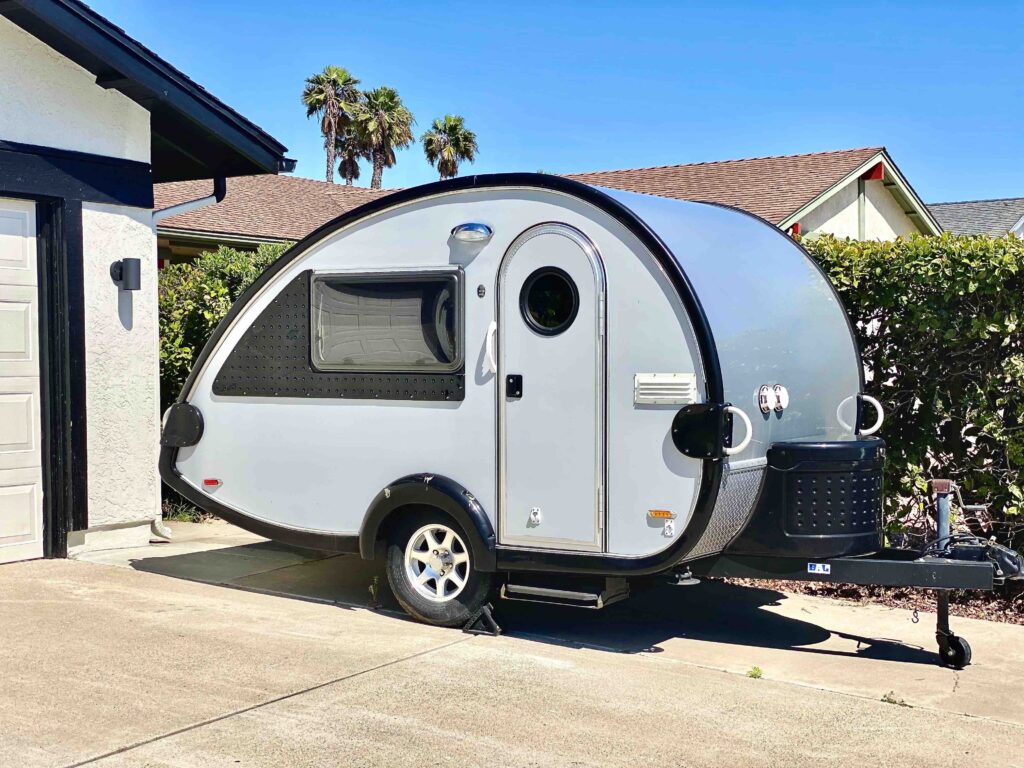
Maintenance
there is a cost to everything these days and the same goes for caravan maintenance , research the costs and add them up for the year
Must-have Items
When you’re new to caravanning, it can be hard to know exactly what gear you need. Some items are essential, though, and should be at the top of your shopping list. The first thing you’ll need is water containers.
Your caravan may have a built-in water tank, but it’s always a good idea to have extra water on hand in case of emergencies.
You’ll also need leveling blocks to ensure your caravan is stable when you park it.
Wheel chocks are another important item, as they prevent your caravan from rolling away. Another must-have item is a gas bottle.
Depending on the size of your caravan and how often you plan to use it, you may need more than one gas bottle. You’ll use gas for cooking and heating in most caravans, so make sure you have enough to last through your trip.
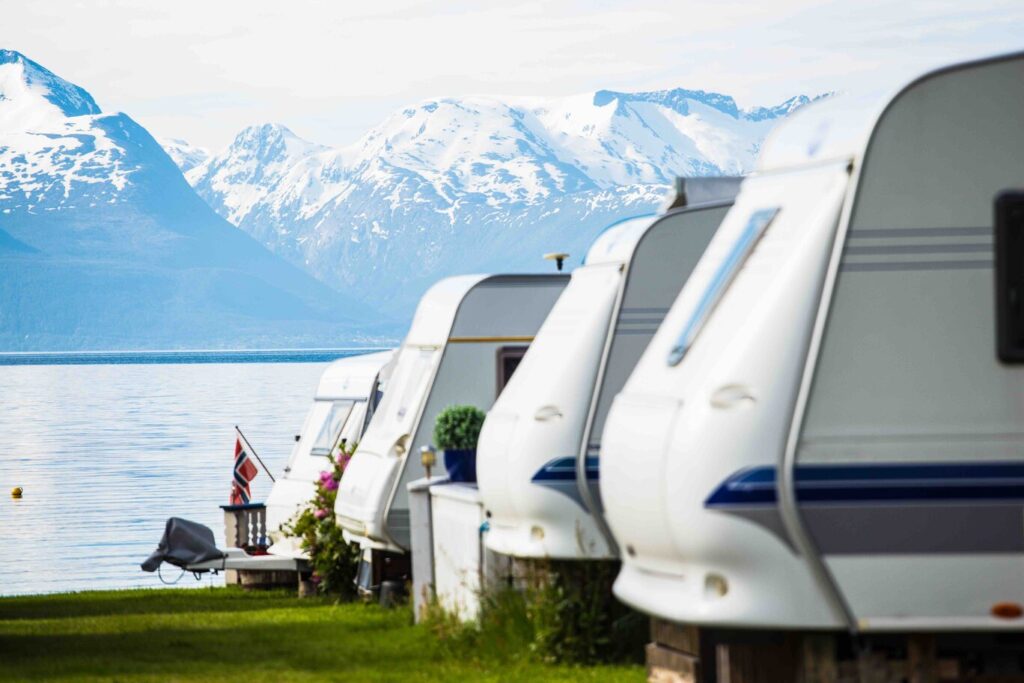
Fuel
How aerodynamic is the caravan as this’ll affect fuel on. this long break , and will add to the cost of ownership
Hab checks
Has the caravan had a check if not check if it does it will add to the cost
Optional items you might take with you
Some items aren’t strictly necessary but can make your caravanning experience more enjoyable. Awnings are one such item. They provide extra living space outside of your caravan and can protect against rain or sun exposure.
Solar panels are another optional piece of gear that can come in handy if you’re planning on camping off-grid or just want to reduce your reliance on electricity hookups. If you like to cook outdoors, a portable grill is a great investment too!
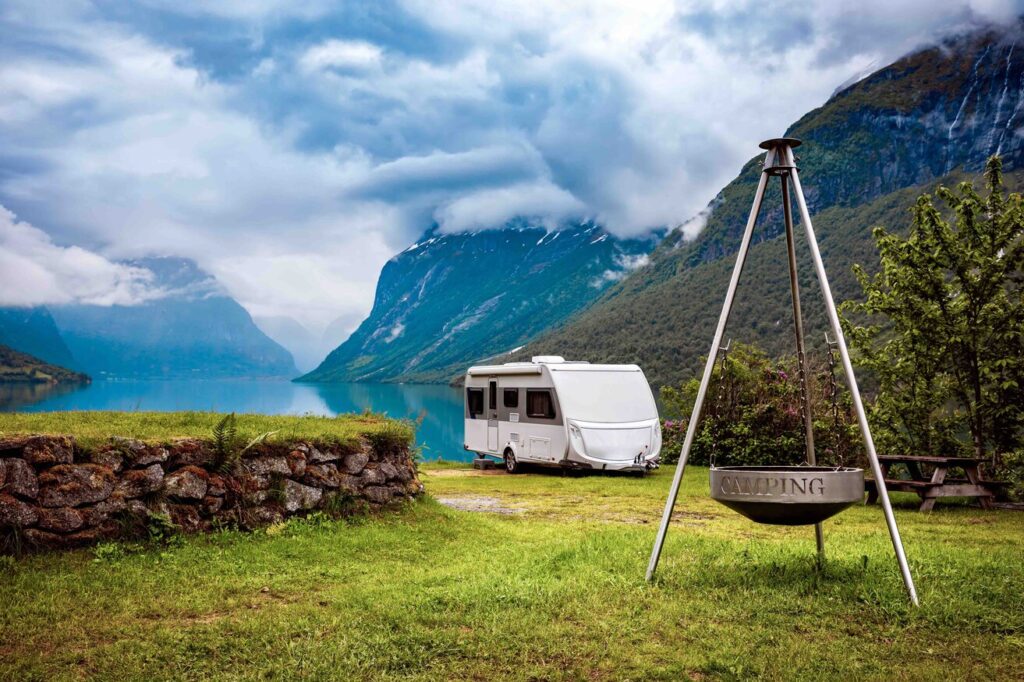
Storage Location
Where are you going to store this caravan , on your drive , at a campsite , farmers find or dedicated storage place all costs money in some form
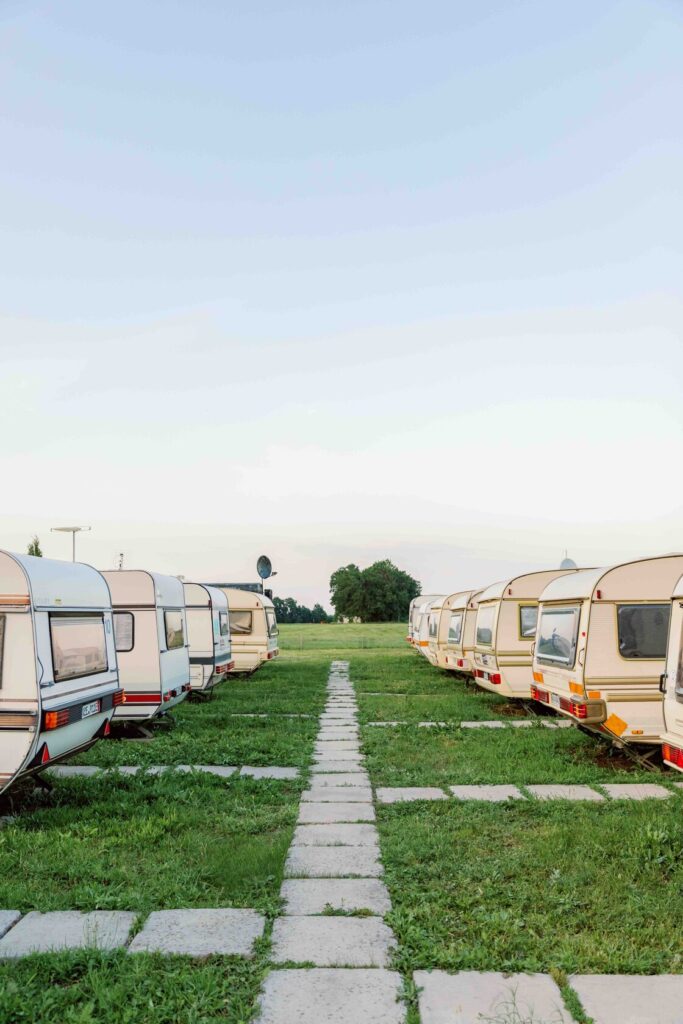
Insurance
Look at your insurance needs for your requirements check this article here for more tips
Towing Vechicle
Is your vehicle ok to tow this caravan checks need to made to check towing weights check out our other article here
Skill Level
Are you totally a beginner do you need help with knowledge maybe a short course is for you check out a course here
Storage for taking gear
If your taking gear gas bottles , tents , bikes , paddle boards , bbq, toys and games chairs and tables where is it going and how heavy is it .??
It’s perfect for barbecues or cooking up breakfast outside while enjoying the fresh air and scenery around you. Overall it’s important not to overpack things that aren’t necessary because weight distribution matters even when using specialized vehicles with towing hitches attached.
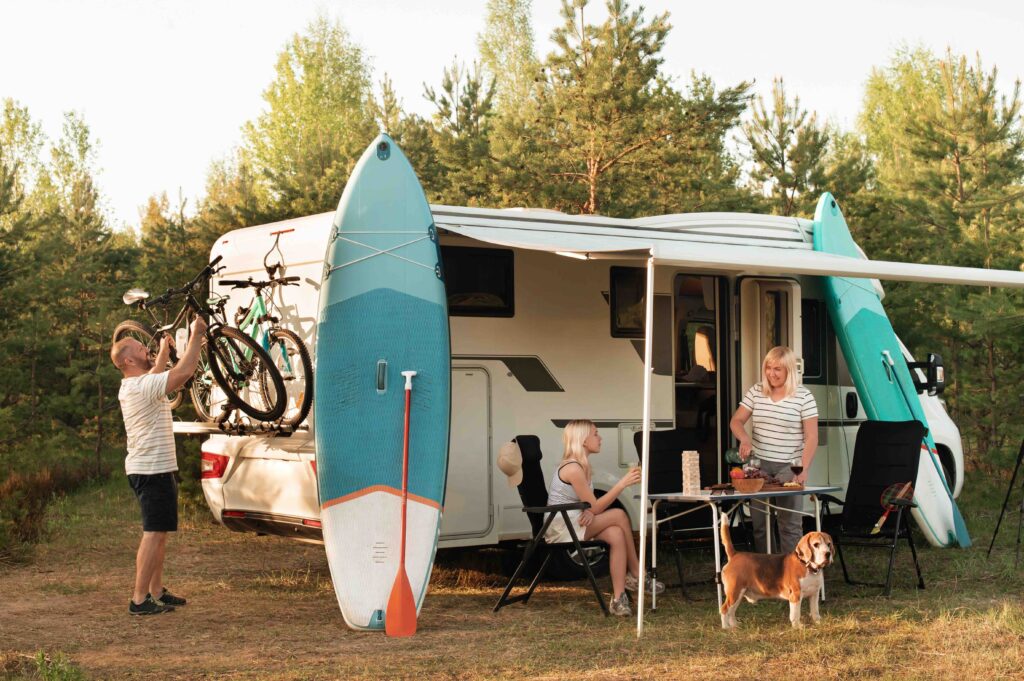
Sleeping
how many berth do you want or need and whatt layout suits you , go and looks many caravan lay outs and see what you like the best and how easy the beds can be made and where to put bedding etc when not needed .
Interior Layout
The inside are all different research what you like and don’t like if the family are coming gets their thoughts on their favourite layout .
Do you want a full kitchen with a refrigerator and stove? Are you interested in a bathroom with a shower and toilet? Do you need a spacious living area with plenty of seating?
Consider what features are essential for your comfort and convenience when selecting a caravan.
Security
Security is important whether the van is being stored or bing used all options are available these days with trackers , cameras and locks on door and and wheels and tow bars
Researching Campsites and Caravan Parks
Before embarking on your caravanning adventure, it’s important to research campsites and caravan parks that suit your needs. There are numerous websites and apps that offer reviews, ratings, and information for campsites across the country. Is it worth joining clubs as well as caravan Facebook groups
Some popular options include Booking.com, Pitchup.com, and Campsites.co.uk. When selecting a campsite or caravan park, consider factors such as the location, facilities offered, and nearby attractions.
Do you want to be near the beach or in the countryside? Do you need access to electricity or Wi-Fi?
Is there a local pub or restaurant within walking distance? It’s also important to read reviews from other caravanners to get an idea of what to expect.
Look for comments about noise levels at night, cleanliness of facilities, and overall atmosphere. By doing your research ahead of time, you can ensure a comfortable and enjoyable stay at your chosen site.
Other Considerations
While caravanning is all about freedom and flexibility, it’s still wise to have a rough itinerary in place before setting off. This will help ensure you don’t miss out on any must-see sights or experiences along the way. Start by deciding on the length of your trip – will it be a weekend getaway or a longer holiday?
Then consider which areas of the country you’d like to visit. Will you follow the coast or head inland?
Will you visit bustling cities or quaint villages? Once you’ve identified some key destinations along your route, start researching local attractions and activities.
This could include everything from hiking trails and beaches to museums and theme parks. It’s important not to over-plan your itinerary though – leave room for spontaneity and unexpected adventures along the way!
Remember that caravanning is all about enjoying the journey as much as the destination. When planning your itinerary, try to strike a balance between adventure and relaxation.
Make sure to schedule in some downtime for reading a book, taking a nap, or simply enjoying the scenery. After all, caravanning is meant to be a stress-free escape from everyday life!
Setting up Camp
After you’ve arrived at your campsite, the next step is to set up camp. This involves parking your caravan in the correct spot and setting up utilities like water, electricity, and gas. Follow these simple steps for a hassle-free setup.
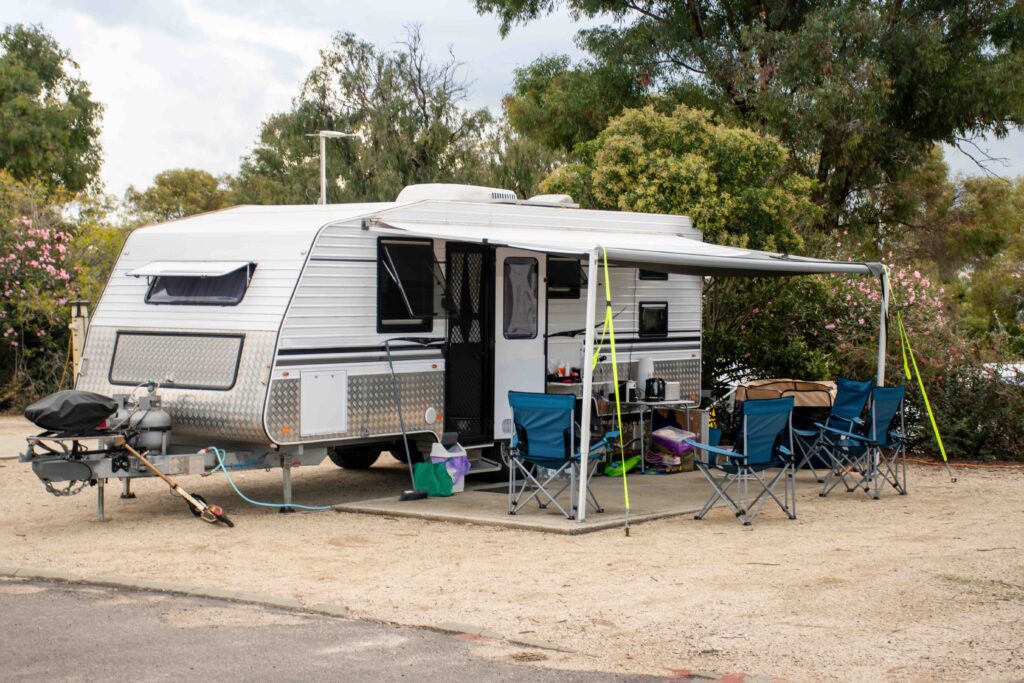
Parking Your Caravan
When it comes to parking your caravan, there are a few things to keep in mind. Firstly, you’ll want to ensure that you’re parked on level ground. Use leveling blocks if necessary to even out any uneven surfaces.
Next, position your caravan so that it’s facing the way you want it to be when you’re ready to leave. This will save time when it’s time to hit the road again.
If possible, try and park your caravan with its door facing away from any prevailing winds. This will prevent any gusts of wind from slamming the door shut or making it difficult to open.
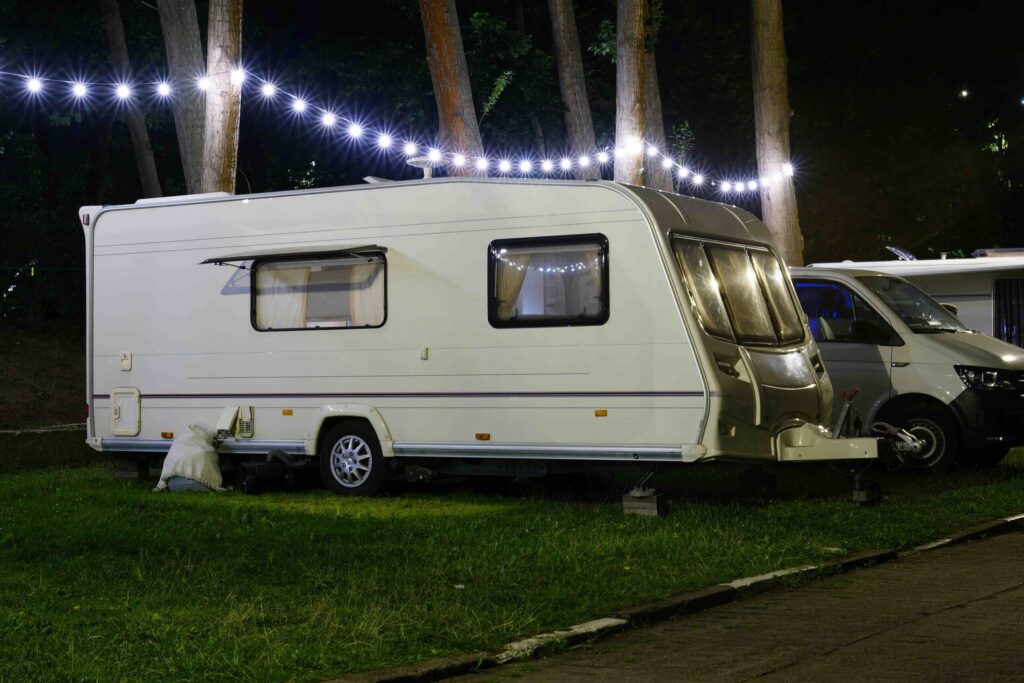
Setting Up Utilities
Once your caravan is parked in place, it’s time to set up utilities like water, electricity, and gas. To hook up water, attach one end of a fresh water hose to the spigot at the campsite and the other end to your caravan’s external water inlet.
Turn on the water supply slowly and check for leaks before using any appliances or fixtures that require running water. To hook up electricity, connect one end of an electrical cable (rated for outdoor use) into a 240V power outlet at the campsite and plug in the other end into an external socket on your caravan.
Once plugged in correctly turn on all appliances that require power such as fridge or TV etc To connect gas if required simply seek advice from experienced caravanners around you or read manufacturer’s instructions that came with the caravan.
With these steps, setting up camp will be a breeze. Remember to take your time and check everything thoroughly to ensure a safe and enjoyable trip.
Safety Tips for Caravanning
Weight Distribution
When it comes to towing a caravan, weight distribution is key. Proper weight distribution ensures that the caravan is stable on the road and reduces the risk of swaying or jackknifing. Make sure that you load your caravan with heavy items over the axle and towards the front of the caravan.
This will help distribute the weight evenly and prevent any sway while driving. It’s also important to remember not to overload your caravan, as this can cause problems with handling and braking.
Towing Speed Limits
Before hitting the road, it’s essential to know what speed limits apply when towing a caravan. The maximum speed limit for towing varies depending on where you are in the world, but most countries have a limit of around 60mph (96km/h) or less when towing a trailer or caravan. It’s always best to check local laws before heading out on your trip.
Tire Pressure Checks
Maintaining proper tire pressure is crucial for safe caravanning. Underinflated tires can lead to poor handling and reduce fuel efficiency, while overinflated tires can cause blowouts. Check your tire pressure before each trip and make sure they are inflated according to the manufacturer’s recommendations.
Securing Your Caravan Against Theft or Damage
The last thing you want on your caravanning trip is for someone to steal or damage your prized possession. To prevent theft, invest in a high-quality wheel clamp or hitch lock that will make it difficult for anyone to tow away your caravan without permission. You should also consider installing an alarm system that will alert you if anyone tries to break into your van while you’re sleeping or away from camp.
To avoid damage from wind gusts, protect yourself by always parking in an area sheltered from strong winds. If you are unable to park in a sheltered area, put away any loose items that could fly away and cause damage.
Make sure you always have caravan insurance that covers theft and damage. By following these safety tips, you can enjoy your caravanning adventure with peace of mind knowing that you’ve taken the necessary precautions to keep yourself and your caravan safe while on the road.
Maintaining Your Caravan
Keeping Your Caravan Clean and Well-Maintained Between Trips
Once you’ve returned from your trip, it’s important to give your caravan a good cleaning. Start by sweeping or vacuuming the floors and upholstery to remove any dirt or debris. Use a mild soap and water solution to wipe down surfaces like countertops, tables, and cabinets.
Don’t forget to clean the bathroom area thoroughly as well. Next, check the exterior of your caravan for any dirt or grime that may have accumulated during your travels.
Use a soft-bristled brush and some soapy water to clean off any residue on the outside of the caravan. Rinse with clean water and allow it to dry completely before storing it away.
To keep your caravan looking like new, consider investing in some protective covers for both the inside and outside of your vehicle. This will help prevent damage caused by dust, debris, or UV rays.
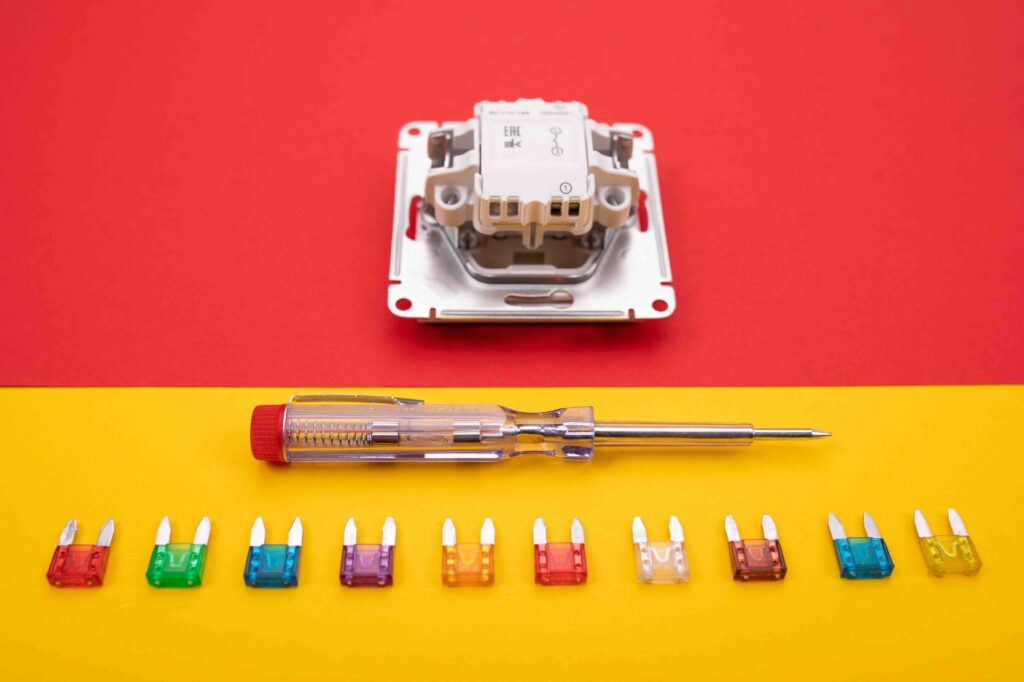
When It’s Necessary to Take Your Caravan In for Professional Maintenance
While regular cleaning is important for keeping your caravan in top condition, there are times when you’ll need professional maintenance as well. Here are some signs that it’s time to take your vehicle in: – If you notice unusual noises coming from the engine
– If there is a change in handling or braking performance – If there are signs of rust or corrosion on the bodywork
– If there are leaks from any part of the vehicle – If any of the appliances stop working properly
It’s also recommended that you get an annual service for your caravan regardless of whether you’ve noticed anything unusual. This will help ensure that everything is running smoothly and identify any potential problems before they become major issues.
Remember that maintaining your caravan is essential not only for its longevity but also for safety on the road. By taking care of your vehicle, you’ll be able to enjoy many happy years of caravanning adventures.
FAQ’s
Q: What is a caravan awning?
A: A caravan awning is a tent-like structure that attaches to the side of a caravan to provide additional living space and shelter.
Q: What are some essential tips for beginners in caravanning?
A: Some essential tips for beginners in caravanning include taking a towing course, practicing manoeuvring your caravan in a safe area, and double-checking all connections before setting off on a trip.
Q: How do I properly load my caravan?
A: To load your caravan safely, distribute the weight evenly, keep heavy items low and near the axle, secure all items to prevent shifting during travel, and stay within the recommended weight limits.
Q: Why is caravan insurance important?
A: Caravan insurance is important because it provides financial protection in case of accidents, theft, or damage to your caravan, as well as liability coverage in case you cause damage or injury to others.
Q: What is noseweight when it comes to caravanning?
A: Noseweight is the downward force exerted on the towball of the towing vehicle by the caravan hitch, and it is essential to maintain the correct noseweight to ensure safe towing and stability.
Q: How do I choose the right caravan for my needs?
A: When choosing a caravan, consider factors such as size, weight, layout, features, and budget to ensure it meets your needs and preferences for your caravanning adventures.
Q: What are some important aspects of caravan maintenance?
A: Caravan maintenance includes regular checks of the exterior, interior, appliances, chassis, and tyres, as well as servicing components like brakes, bearings, and gas systems to keep your caravan in top condition.
Conclusion
Well we hope enjoyed this guide and picked up on some of the great points we have made and this has helped with researching your next adventure , stay safe
